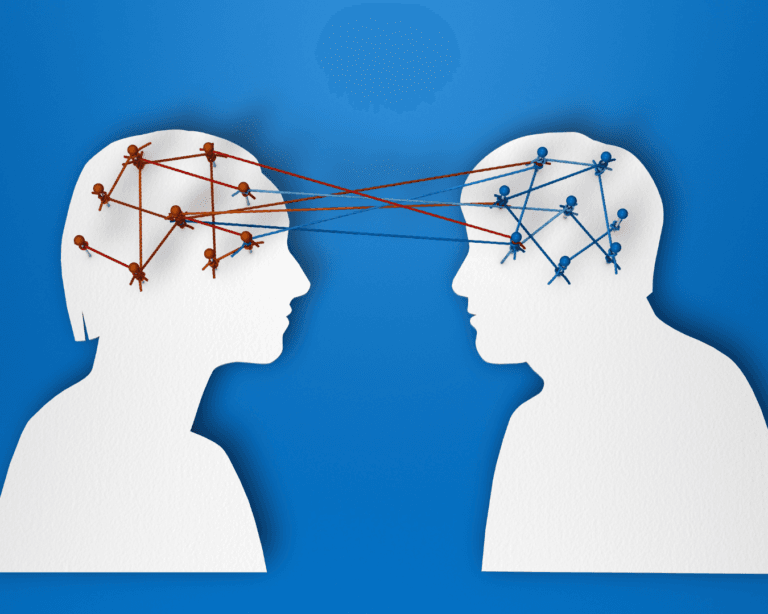
Have you ever posted something on social media and found yourself checking your phone repeatedly to see who liked or commented? Or opened up to a friend and felt immense relief, not because they offered advice, but simply because they listened and said, “I understand”?
Both these moments reflect a deep human need: to be acknowledged, to be witnessed.
Many of us carry unspoken stories, hidden emotions, and quiet aches. We might not always be able to voice them, but we still wish deeply for someone to understand us. Beneath our roles, achievements, and appearances lies a core need: to be seen for who we truly are.
The Brain’s Social Wiring
We are social beings by nature, and our brains reflect this truth. From the moment we are born, our nervous systems are wired to seek connection. Babies don’t just cry for food or comfort they cry to be noticed. When a caregiver responds with warmth, a baby’s brain begins to learn: I exist, I matter, and I am safe when I am seen.
These early moments shape our brains in profound ways. This is known as social wiring, the idea that our brains are designed to grow and thrive in the context of connection.
Think about how instinctively we smile back when someone smiles at us. Even before we consciously register their face, our brain responds with “I’m with you.” This is our nervous system doing what it’s built to do: read emotional cues, empathize, and feel safe in the presence of others.
On the flip side, being ignored, dismissed, or invalidated can trigger a threat response. Brain imaging research shows that social rejection activates the same areas of the brain as during physical pain. That’s why being excluded, even subtly, can feel just as painful as a scraped knee. Our brains interpret it as danger, a survival threat rooted in our evolutionary past, when being excluded from the group could be fatal.
Being witnessed doesn’t mean someone needs to agree with us or solve our problems. It simply means someone is present with our experience. When we’re witnessed in our joy, it grows. When we’re witnessed in our pain, it softens.

The Consequences of Not Feeling Seen
When we go too long without being seen or validated, it starts to erode our sense of self. Over time, this invisibility can lead to:
● Loneliness, even when surrounded by people
● Emotional suppression, out of fear of being misunderstood
● Anxiety, about how others perceive us
● Self-doubt, wondering, “Am I too much?” or “Did I do something wrong?”
● Emotional numbness, where we begin to believe our feelings don’t matter
Often, in an attempt to feel noticed, we might amplify our emotions, overshare, or play roles that aren’t true to us. This isn’t about drama, it’s a survival response to an unmet need:the need to matter.
Seeking Validation Online
In an increasingly disconnected world, social media has become the mirror many turn to hoping it reflects back their worth.
It’s where people post celebrations, struggles, opinions, and milestones. While these can be validating, they can also become addictive. When offline support is lacking, people may begin to rely on likes and comments as emotional proof of their significance.
But here’s the risk: social media offers visibility, not necessarily intimacy. It shows us numbers, not nuance. Comments can feel comforting, but they’re no replacement for presence. This can make even a single post feel emotionally loaded. When a post gets no response, it might feel personal. When others seem to be doing better, it can lead to comparison, envy, or shame. Social media’s instant feedback loops reinforce the idea that our
worth is tied to how others react to us.
The antidote is not to stop sharing but to share with intention. Seek spaces where you can be your full, authentic self even if it’s just with one person. Spaces where you’re validated not just for your experiences, but for your existence. When someone says, “I see you,” and means it, it gives you permission to stop performing and start simply being.
You begin to own your story. To breathe a little easier. To feel a little more grounded.
Validation is powerful, but it doesn’t have to come at the cost of authenticity.Instead of asking, “Do they like me?” try asking, “Am I showing up as myself?” Because the world doesn’t need more perfect images. It needs real stories.

